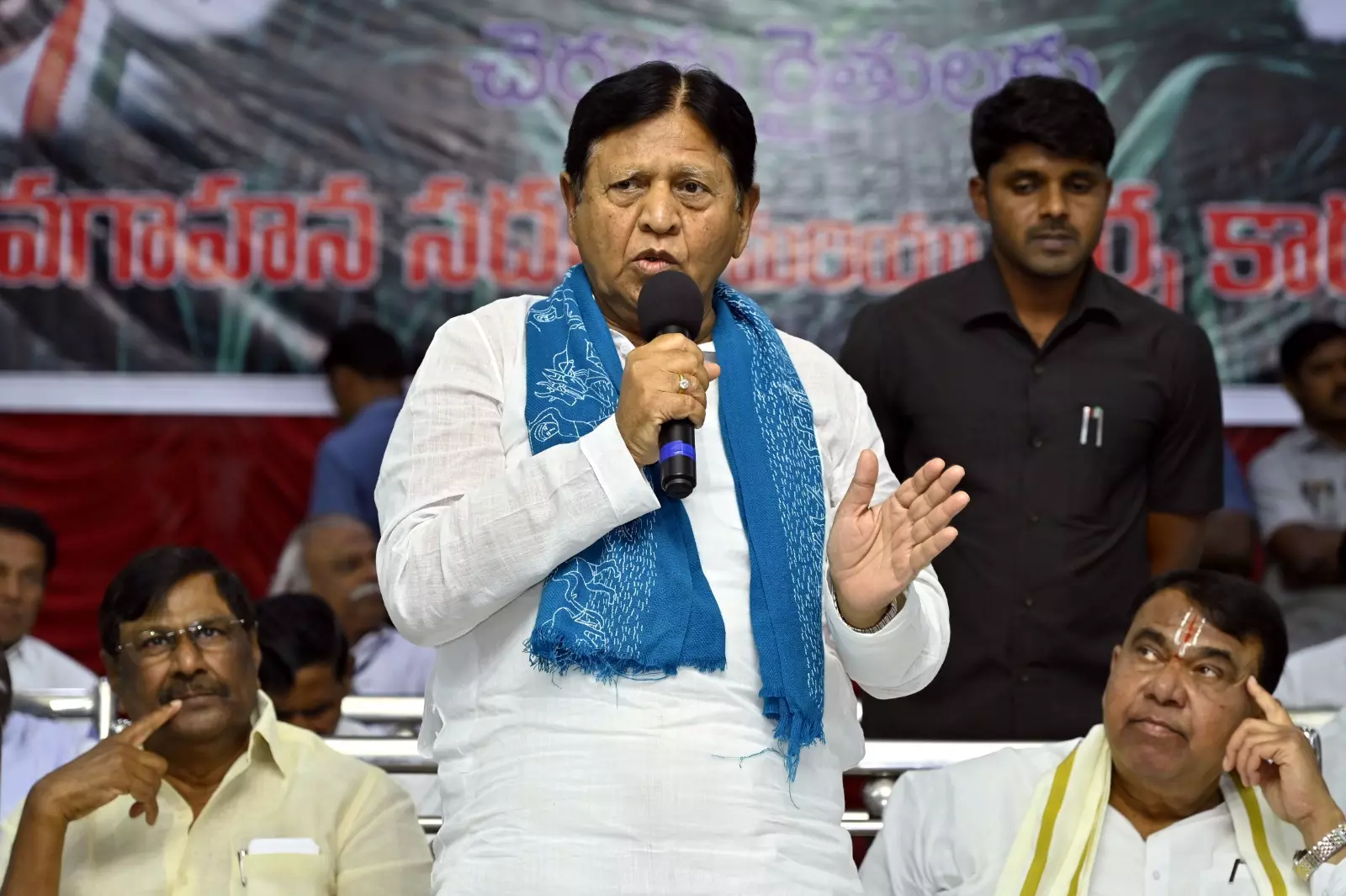yankees game today
Doha: Qatar University (QU) concluded a landmark seminar titled "Qatari-Korean Seminar on Climate Change Counteraction and Carbon Reduction," marking a significant step forward in the efforts of the State of Qatar and the Republic of Korea to tackle climate change and enhance carbon reduction strategies The seminar was attended by experts, academics, and representatives of Qatari and Korean institutions. In his opening remarks, Dean of Graduate Studies at QU Prof. Ahmad Al-Own said, "In this symposium, we are discussing innovative initiatives and bilateral strategies that leverage the strengths of both countries, develop optimal solutions, and identify actionable initiatives that reflect the joint efforts of our nations towards achieving the sustainable development goals". In turn, the Ambassador of the Republic of Korea to the State of Qatar, HE Yun Hyunsoo emphasized the importance of the seminar. He stated, "We have gathered experts from both countries to discuss carbon reduction cooperation between Korea and Qatar, and I believe they are the most effective partners for capturing CO2 and disposing of it in an environmentally sound manner". He also pointed out that both countries "have state-of-the-art technologies for monitoring the carbon reductions or sinks, including MRV (Measurement, Reporting, and Verification) systems", hoping that the seminar will serve as the first part of a series of arrangements to explore collaboration and find suitable partners to work with. His Excellency stressed the importance of cooperation between the two countries as well as the urgent need for global collaboration to combat climate change. In the first session of the symposium, Chair of the Global Carbon Council (GCC) Dr. Yousef Al-Horr and Prof. Dong Suk Han of QU, presented a comprehensive vision on cooperative solutions to confront climate change and the importance of successful bilateral cooperation, stressing that "climate change challenges require joint efforts and innovative approaches". In the second session, Sheikha Amna Mohammed Suhaim Al-Thani, the founder and CEO of Strategy Hub, and Kyoung Jang from Korea Trade-Investment Promotion Agency (KOTRA) discussed environmental governance policies in the two countries and the role of the private sector in finding innovative climate solutions. The third session highlighted the vital areas of cooperation between Qatar and Korea. It discussed the advancements in carbon reduction and removal through nature-based solutions, emphasizing the importance of innovative MRV technologies, in addition to presenting Qatars National Renewable Energy Strategy. The seminar was concluded with remarks from Director of the Center for Advanced Materials at QU, Prof. Mohammad Irshidat, who reiterated the commitment to ongoing collaboration between Qatar and Korea. "This seminar has not only strengthened our cooperative ties but also set a dynamic agenda for our future endeavors in renewable energy technologies and nature-based solutions," Prof. Irshidat stated. For her part, Director General of KOTRA-Qatar Hyuna Kim praised the fruitful discussions exchanged by the participants, and stressed that this symposium laid the foundation for continued international cooperation, with the aim of promoting sustainable solutions to one of the most pressing issues of our time. The event was co-organized by QU, the Korean Embassy in the state Qatar, the Korea Trade-Investment Promotion Agency (KOTRA), Strategy Hub, the Global Carbon Council (GCC), and Kahramaa.
Fantasy plays: Players to start and sit for NFL Week 13Intel CEO Pat Gelsinger has retired, the struggling chipmaker said Monday in a surprise announcement. Two company executives, David Zinsner and Michelle Johnston Holthaus, will act as interim co-CEOs while the company searches for a replacement for Gelsinger, who also stepped down from the company's board. The departure of Gelsinger, whose career spanned more than 40 years, underscores the turmoil at Intel. The company was once a dominant force in the semiconductor industry but has been eclipsed by rival Nvidia, which has cornered the market for chips that run artificial intelligence systems. Gelsinger started at Intel in 1979 and was its first chief technology officer. He returned to the company as chief executive in 2021. Gelsinger said his exit was “bittersweet as this company has been my life for the bulk of my working career,” he said in a statement. “I can look back with pride at all that we have accomplished together. It has been a challenging year for all of us as we have made tough but necessary decisions to position Intel for the current market dynamics.” Zinsner is executive vice president and chief financial officer at Intel. Holthaus was appointed to the newly created position of CEO of Intel Products, which includes the client computing, data center and AI groups. Frank Yeary, independent chair of Intel's board, will become interim executive chair. “Pat spent his formative years at Intel, then returned at a critical time for the company in 2021,” Yeary said in a statement. "As a leader, Pat helped launch and revitalize process manufacturing by investing in state-of-the-art semiconductor manufacturing, while working tirelessly to drive innovation throughout the company.” Gelsinger's departure comes as Intel’s financial woes have been piling up. The company posted a $16.6 billion loss and halted its dividend in the most recent quarter, and its shares have fallen by about 60% since he took over as CEO. Gelsinger announced plans in August to slash 15% of its huge workforce — or about 15,000 jobs — as part of cost-cutting efforts to to save $10 billion in 2025. Nvidia’s ascendance, meanwhile, was cemented earlier this month when it replaced Intel on the Dow Jones Industrial Average. Unlike some of rivals, Intel manufactures chips in addition to designing them. Under Gelsinger, the company has been working to build up its foundry business making semiconductors in the U.S. designed by other firms, in a bid to compete with rivals such as market leader Taiwan Semiconductor Manufacturing Co. or TSMC. Intel has benefited from tens of billions of dollars that the administration has pledged to support construction of U.S. chip foundries and reduce reliance on Asian suppliers, which Washington sees as a security weakness. After taking over as CEO, Gelsinger unveiled plans to build a $20 billion chipmaking facility in central Ohio , and poured billions more into expanding in Europe , where leaders were also worried about dependence on Asia. The Biden administration had said it would give Intel up to $8.5 billion in federal funding for semiconductor plants around the country, but last week it trimmed that amount , according to three people familiar with the grant who spoke on the condition of anonymity. Shares of the Santa Clara, California, company jumped in early trading Monday but ended the day down 0.5%. AP Business Writer Kelvin Chan contributed to this report from London.I can see why kids who find themselves at a holiday shack where the only screen-based entertainment is an old TV would be perplexed. By the time you explain all the things the remote “control” doesn’t do, all you’re left with is a limited number of viewing options at any given time, and no control over when each starts or stops. In the age of smartphones and streaming, you could call it “dumb TV”. Or you could sell it as unique, novel, a game: “surprise TV”. I don’t know who in our family started calling it this, only that the name stuck, and provided you don’t consult a TV guide (“a what? ”) or watch enough to know when a certain show will come on, that’s what it delivers. We’ve developed a tradition when on holidays to live dangerously: to leave modern devices behind, throw caution to the wind and surrender to surprise TV. When we’re at home, it’s not uncommon for each child to spend their allocated screen time on a different device, often in a different “world”. When there’s just one TV and no streaming services, they’re either bored together or they’re engaged together. Sometimes, a new show will be discovered and prove all the more enjoyable because it was unexpected; at other times, the lack of choice fosters a new ability to find entertainment elsewhere. It’s not that I want to go back to “the olden days” where all TV was surprise TV. I’m a fan of watching and listening to what I want, when I want – podcasts in particular are great for this. I love the ease with which I can find interesting people talking about interesting topics; it’s led to much post-university learning. But sometimes I’m conscious of a nagging feeling that I might be missing out on opportunities to broaden my interests, develop new ones or expose myself to a greater range of perspectives. It’s one of the reasons why, in the brief pockets of time I spend driving every week, I listen to “surprise radio”. The content is curated, but not by me. Some of the shows that come on aren’t those I’d normally choose – talkback radio, for example – but that doesn’t mean I won’t get something out of them. In fact, I very often do. It was in the spirit of exiting my comfort bubble that I first agreed to attend “ The Most Wuthering Heights Day Ever ”: an annual event where Kate Bush fans mark her birthday by recreating the film clip to her song Wuthering Heights. If my friend had invited me on April Fools’ Day, I’d have assumed she’d made the whole thing up – but it was July. I like Kate Bush’s music – well, what I’ve heard of it – but I wasn’t familiar with the dance, and even if I had been, I’m no dancer. Picture someone who’s a natural; now picture the opposite: that’s me. And yet, dancing through laughter on a grassy hill with a friend and a bunch of strangers, all wearing outfits that more or less resembled the one the singer donned in the music video (mostly less), was, in a word, joyful. I was an ignorant impostor compared with the diehard fans, but received as warm a welcome as anyone. It wasn’t my thing. I can’t imagine any algorithm recommending it to me based on my event history, or viewing or watching history. But when it was on again the following year, I couldn’t wait to go again. Maybe it was my thing, or at least, is now. Much has been written about echo chambers and polarisation, perhaps less about how we can open ourselves up to new discoveries and surprise ourselves. We all have assumptions about what we could or couldn’t appreciate, enjoy or find interesting; agree with, or disagree with. How often do we challenge them? Once accustomed to certain technological advances, it isn’t easy to revert to older ways, but it can be done. Less curated entertainment might be more likely to result in boredom than delight, but once in a while, it’s a risk I’m willing to take. If you’re about to set off for a holiday somewhere that doesn’t have all the mod-cons, maybe now’s the time. Yes, you might end up with nothing worth watching. But what’s the worst that can happen? You turn off the TV? End up outside ? Go on, I dare you! Leave choice behind, or rather, choose surprise. Emma Wilkins is a Tasmanian journalist whose freelance work has appeared in newspapers, magazines and literary journals in Australia and beyond
Abacus Life Completes Acquisition of FCF Advisors
- Previous: yakuza game
- Next: game 3 pba



